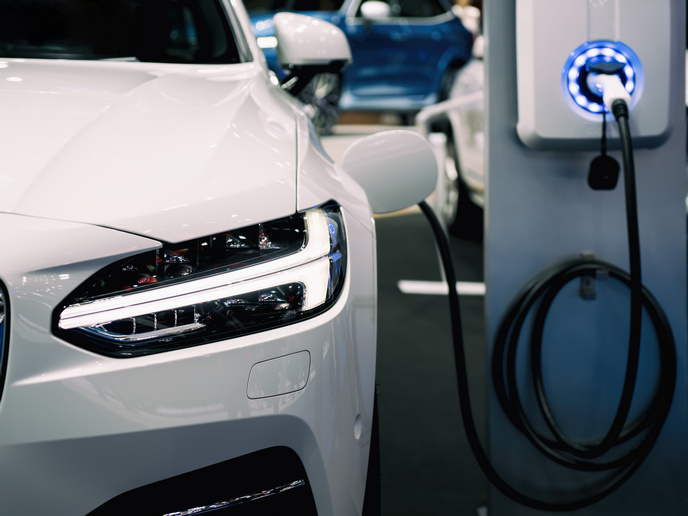Finding the balance between electric vehicle comfort and driving range
The EU-funded EFFEREST(opens in new window) project is making electric vehicles (EVs) more affordable, comfortable, energy-efficient and safe. Its goal is to increase the competitiveness of European EVs on the global market by focusing on user-centric development, AI-enhanced system design and holistic user-oriented energy management system control. Working towards this goal, EFFEREST recently conducted benchmarking to examine the trade-off between cabin comfort and user satisfaction. It also carried out an interview study on the trade-off between driving range and thermal comfort.
Setting the EV benchmark
EFFEREST’s comprehensive benchmarking campaign(opens in new window) involving three EVs was a major milestone for the project. Carried out under controlled thermal conditions, it investigated the critical trade-off between cabin comfort and energy consumption – an important factor affecting EV performance and user satisfaction. In the benchmarking tests, a chassis dynamometer was used to measure vehicle performance in simulated real-world driving conditions. The vehicles were soaked and tested at three ambient temperatures: 0 °C, 20 °C and 35 °C. To simulate real-life driving, the vehicles were subjected to the Worldwide Harmonized Light Vehicles Test Cycle – a standardised testing protocol used to determine fuel consumption, CO₂ emissions and electric range. They also had to undergo the short, commute and long driving cycles developed by EFFEREST project partner Bosch. All tested vehicles had automated heating, ventilation and air conditioning. Cabin temperature was set at 22 °C, standard or comfort drive mode, and maximum recuperation (where a vehicle’s kinetic energy is converted into electrical energy when braking). A thermal manikin provided by Spanish project partner Centro Tecnológico de Automoción de Galicia also made it possible to conduct objective thermal comfort evaluations. These evaluations will serve as a benchmark for the upcoming EFFEREST demonstrator vehicle. The test results highlighted the key challenge in EV design, namely that better comfort often results in higher energy consumption, and vice versa. One vehicle had low energy consumption at all temperatures, but it failed to maintain adequate cabin warmth when the ambient temperature was 0 °C. Whereas the other two vehicles provided greater comfort in cold conditions, they consumed much more energy.
Interviews for EV insights
EFFEREST also carried out a qualitative interview study(opens in new window) to find out how EV drivers balance range and comfort. Seven male and three female drivers between 30 and 55 years old were interviewed to explore their experiences with range prediction, thermal comfort and different driving modes. The interviewees reported being generally satisfied with their EV’s range, but some mentioned increased planning efforts, avoiding EV use for longer trips and reduced range in cold temperatures. All drivers reported that automated thermal adjustments usually worked well and they were also aware of driving modes, with six however stating that eco-mode affected climate comfort. The results of the EFFEREST (EFFicient user-centric EneRgy managEment SysTems for optimized EVs) project’s benchmarking tests and interviews will inform the design of the systems determining cabin comfort and powertrain performance. In a recent press release(opens in new window), Alexander Kospach of Austrian project coordinator Virtual Vehicle Research explained how these systems’ improvements will be linked together so that compromises to improve efficiency and affordability will be made with user needs in mind. He then concluded: “EFFEREST will increase the competitiveness of Europe, strengthening industrial leadership in key digital, enabling, and emerging technologies to make EVs more attractive for the worldwide mass market.” For more information, please see: EFFEREST project website(opens in new window)



